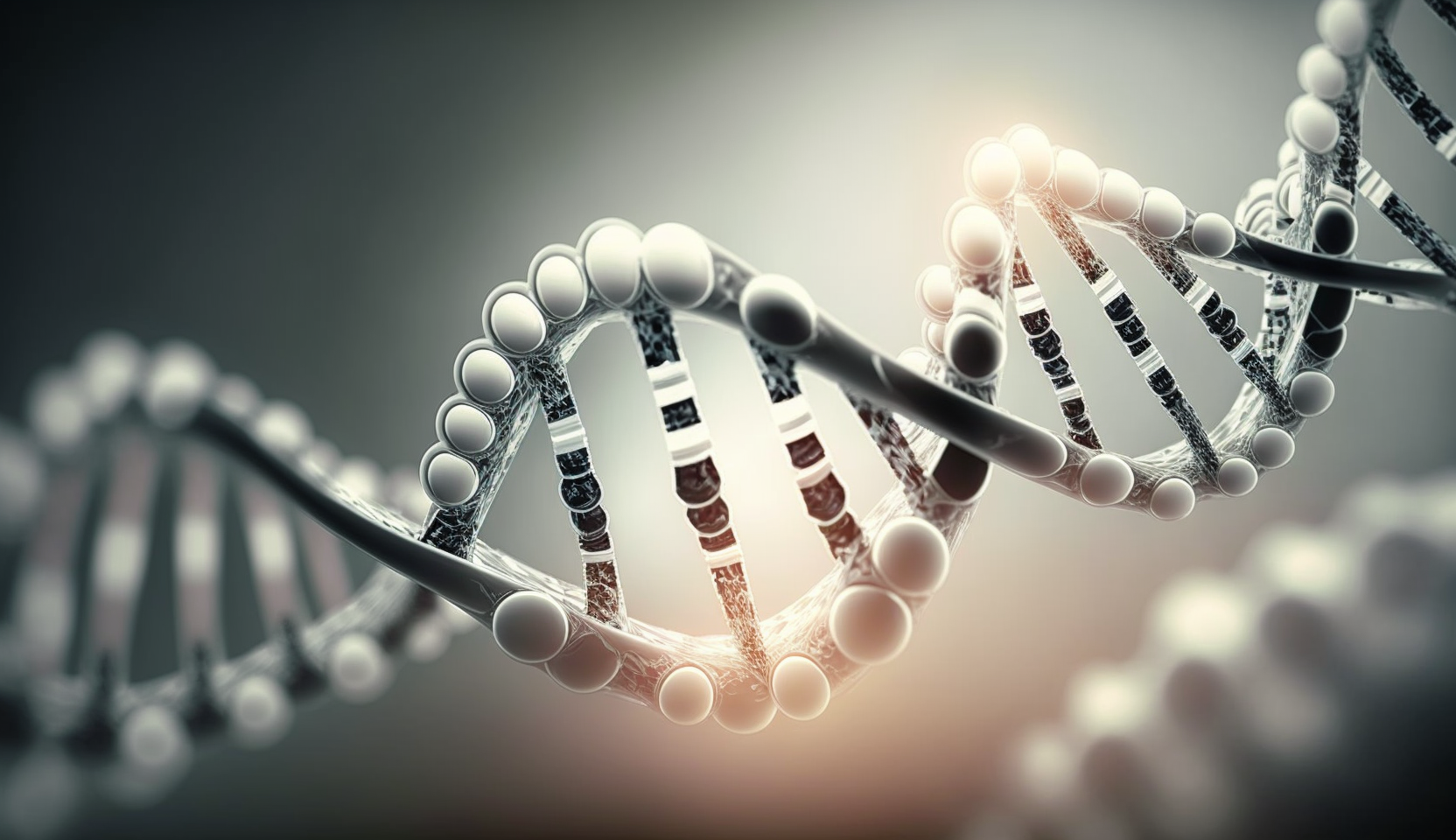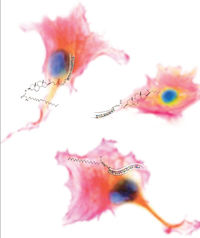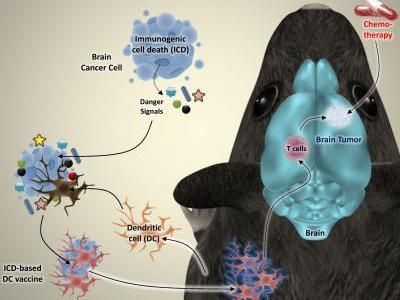Researchers identify new anti-tumor gene
Findings may one day lead to an effective and efficient gene therapy for cancer
Researchers from Virginia Commonwealth University (VCU) have identified a new anti-tumor gene called SARI that can interact with and suppress a key protein that is overexpressed in 90 percent of human cancers. The discovery could one day lead to an effective gene therapy for cancer.
According to Paul B. Fisher, M.Ph., Ph.D., professor and chair of the Department of Human and Molecular Genetics and director of the VCU Institute of Molecular Medicine in the VCU School of Medicine, and lead investigator of the study, this novel gene highlights a previously unrecognized molecular pathway underlying the anti-tumor action of interferon, INF.
SARI was uncovered by a powerful technique pioneered in the Fisher laboratory known as subtraction hybridization. SARI, which is induced by a potent immune system modulator called interferon, was found to suppress growth and survival of tumor cells by interfering with the action of cancer cell molecules that drive cell division and promote survival.
The investigators delivered SARI to cancer cells using a virus and the infected cancer cells subsequently stopped dividing and died. Since 90 percent of all cancer types rely on a similar mechanism to proliferate and evade destruction, Fisher noted that SARI could be an effective anti-cancer treatment for many tumors.
"Additionally, IFNs are powerful immune modulating agents that contribute to the immune response to cancer and they are effective inhibitors of new blood vessel formation, the process of angiogenesis, which is obligatory for the growth of both primary and metastatic cancers," said Fisher, who is the first incumbent of the Thelma Newmeyer Corman Endowed Chair in Cancer Research with the VCU Massey Cancer Center.
Currently, IFNs are relevant in the clinical treatment of a number of solid tumors and hematological malignancies, such as melanoma, renal cell carcinoma, malignant glioma, lymphomas and leukemias, either as a monotherapy or as an adjuvant to chemotherapy of radiotherapy.
"We have uncovered a new way by which interferon can induce anti-tumor activity. The identification of SARI also provides a new potential reagent for the selective killing of tumor cells," said Fisher.
"The present study indicates that interferon can suppress cancer growth by inhibiting expression of a cancer-dependent transcription factor that controls genes that regulate cancer cell growth. The SARI gene may provide novel and selective gene therapy applications for cancer. It could also prove amenable for inhibiting proliferative disorders that depend on AP-1 activity," he said. AP-1 plays a key role in regulating proliferation and transformation of cancer cells.
The team is now developing improved approaches to more effectively target the delivery of SARI. Fisher said these studies will be crucial for exploiting the cancer-selective killing activity of this gene and enhancing its therapeutic applications.
Original publication: Proceedings of the National Academy of Sciences, published online Dec. 8, 2008
Other news from the department science
Most read news
More news from our other portals
See the theme worlds for related content
Topic world Gene therapy
Genetic diseases once considered untreatable are now at the center of innovative therapeutic approaches. Research and development of gene therapies in biotech and pharma aim to directly correct or replace defective or missing genes to combat disease at the molecular level. This revolutionary approach promises not only to treat symptoms, but to eliminate the cause of the disease itself.

Topic world Gene therapy
Genetic diseases once considered untreatable are now at the center of innovative therapeutic approaches. Research and development of gene therapies in biotech and pharma aim to directly correct or replace defective or missing genes to combat disease at the molecular level. This revolutionary approach promises not only to treat symptoms, but to eliminate the cause of the disease itself.























































